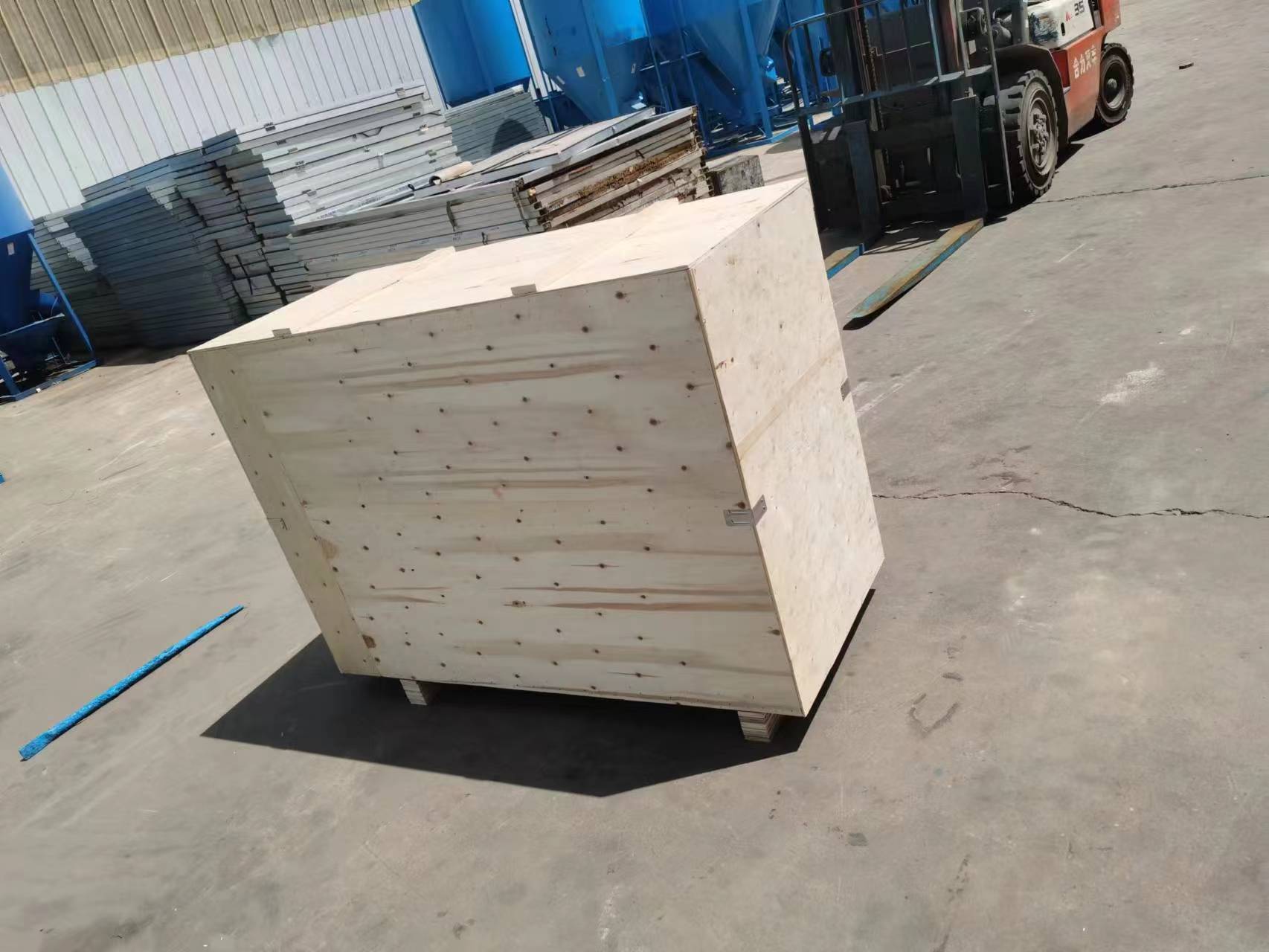Exploring the Innovative World of Portable Pig Housing Solutions for Sustainable Farming Practices
Jul . 20, 2024 02:50 Back to list
Exploring the Innovative World of Portable Pig Housing Solutions for Sustainable Farming Practices
The Mobile Pig Pen A Sustainable Solution for Modern Farming
In the ever-evolving landscape of agriculture, innovation is key to meeting food demands and ensuring sustainable farming practices. One such innovation that has been gaining popularity among farmers is the mobile pig pen. These versatile structures offer numerous benefits, promoting animal welfare, environmental sustainability, and efficient land use.
A mobile pig pen, as the name suggests, is a portable housing solution for pigs that allows farmers to move their livestock from one pasture to another. This flexibly designed pen typically includes basic amenities for pigs, such as shelter, feeding, and watering stations, while ensuring that animals can roam and forage naturally. Such arrangements align closely with the natural behavior of pigs, which are known for their intelligence, social nature, and foraging habits.
One primary advantage of mobile pig pens is their impact on pasture management. Traditional pig farming practices often lead to overgrazing, soil degradation, and poor land health. However, mobile pens allow farmers to practice rotational grazing. By moving the pigs to fresh pastures, they can help fertilize the land with their manure, which improves soil quality and fertility. This natural method of fertilization reduces reliance on chemical fertilizers, promoting a healthier ecosystem.
Moreover, rotating pigs to different areas helps control parasites and diseases. Pigs tend to harbor parasites that can affect their health; by changing their environment regularly, farmers can disrupt the life cycle of these pests, leading to healthier animals and less veterinary intervention. This practice not only enhances animal welfare but also decreases the need for medication, further supporting organic and sustainable farming principles.
mobile pig pen

Another noteworthy benefit is the welfare of the pigs themselves. Pigs raised in mobile pens can access fresh grass, roots, and insects, which contribute to a more balanced diet compared to confined systems. This natural foraging behavior minimizes stress and boredom, leading to happier and healthier animals. Furthermore, the ability to bask in the sun and wallow in mud contributes significantly to their well-being, as these are essential activities for pigs that help regulate their body temperature and skin health.
From an economic perspective, mobile pig pens can also be a cost-effective option for farmers, especially those operating on a small scale. The initial investment in building mobile pens can be outweighed by the savings in feed costs due to the pigs’ ability to forage. Additionally, the improved health and productivity of the animals can lead to higher-quality meat products, giving farmers a competitive edge in the market.
The environmental impact of mobile pig pens is another aspect worth highlighting. Traditional pig farming generates significant waste, which can contaminate water sources and contribute to environmental degradation. Mobile pens, on the other hand, allow waste to be distributed evenly across the pasture, reducing pollution risks and enhancing the nutrient cycle within the farming ecosystem.
In conclusion, mobile pig pens represent a modern and sustainable approach to pig farming that aligns with both economic and environmental goals. By allowing pigs to roam freely, these structures enhance animal welfare, improve pasture health, and reduce the carbon footprint of pork production. As the agriculture sector continues to face challenges related to sustainability, the mobile pig pen stands out as an innovative solution that bridges the gap between tradition and modernity, ensuring that farmers can thrive while caring for the environment.
-
Hot Sale 24 & 18 Door Rabbit Cages - Premium Breeding Solutions
NewsJul.25,2025
-
Automatic Feeding Line System Pan Feeder Nipple Drinker - Anping County Yize Metal Products Co., Ltd.
NewsJul.21,2025
-
Automatic Feeding Line System Pan Feeder Nipple Drinker - Anping County Yize Metal Products Co., Ltd.
NewsJul.21,2025
-
Automatic Feeding Line System - Anping Yize | Precision & Nipple
NewsJul.21,2025
-
Automatic Feeding Line System - Anping Yize | Precision & Nipple
NewsJul.21,2025
-
Automatic Feeding Line System-Anping County Yize Metal Products Co., Ltd.|Efficient Feed Distribution&Customized Animal Farming Solutions
NewsJul.21,2025






